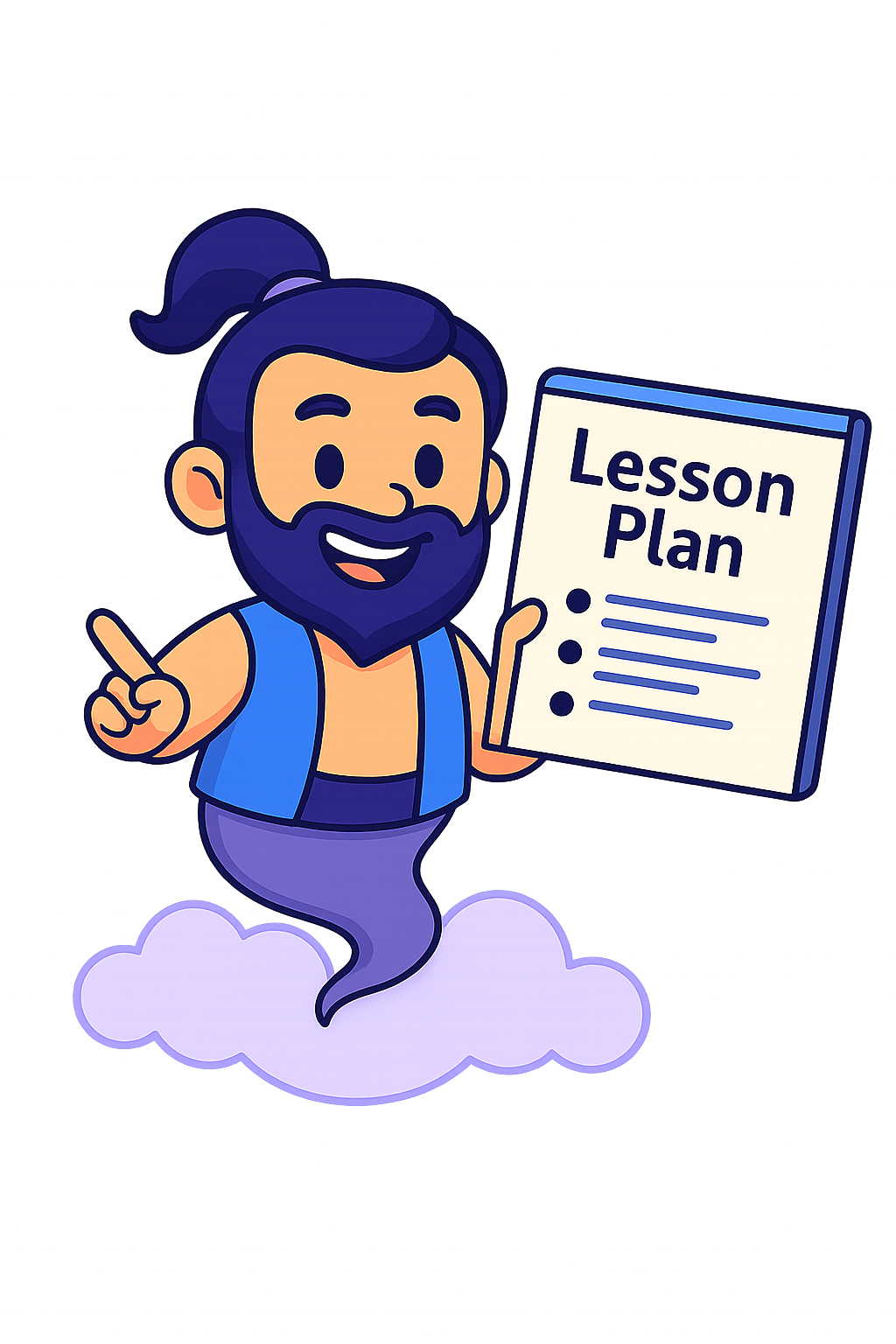 Using Precise Language to Enhance Writing
Using Precise Language to Enhance Writing
Objective: Students will learn to choose precise words and phrases to convey ideas clearly and effectively in their writing.
Learning Objectives
- Understand the importance of using specific and descriptive words in writing.
- Identify general words in sentences and replace them with more precise words.
- Practice writing sentences using precise language to improve clarity.
Materials Needed
- Notebook or lined paper
- Pencil or pen
- Sample sentences with general words
- List of descriptive words and synonyms
Key Vocabulary
- Precise Language
- Words that clearly and accurately describe a person, place, thing, or idea.
- Synonym
- A word that has the same or nearly the same meaning as another word.
- Phrase
- A small group of words standing together as a unit.
Detailed Activities
Identifying and Replacing General Words
- Read aloud some simple sentences that use general words such as ‘nice,’ ‘big,’ or ‘good.’
- Discuss why these words are not very descriptive and how they can make writing unclear.
- Introduce a list of more precise words that can replace the general ones (e.g., ‘gigantic’ instead of ‘big’).
- Have the student rewrite the sentences using the more precise words from the list.
- Review and discuss how the new sentences give a clearer picture.
Writing with Precise Language
- Ask the student to write a short paragraph about their favorite animal or hobby.
- Encourage them to use precise words and phrases to describe details, feelings, and actions.
- After writing, read the paragraph together, highlighting precise language used.
- Suggest improvements by replacing any vague words with more exact ones.
- Rewrite the paragraph incorporating these improvements.
Parent & Instructor Notes
- Encourage your child to think about how different words affect the meaning and feeling of a sentence.
- Praise efforts to use new and descriptive words, even if the choices are not perfect at first.
- Use everyday conversations to point out precise language, such as describing objects or feelings more clearly.
Assessment Questions
- What is precise language, and why is it important in writing?
- Can you find a general word in this sentence and replace it with a more precise word?
- Write a sentence about your day using at least one precise word.
Extension Ideas
- Create a personal ‘precise words’ dictionary where the child adds new descriptive words they learn.
- Play a word replacement game where the child improves sentences by swapping general words for precise ones.
- Read a favorite story together and identify examples of precise language used by the author.
Frequently Asked Questions
It’s okay! Using new words takes practice. Gently explain the meaning and suggest better options, encouraging them to try again.
You can use a thesaurus or online resources to find synonyms and discuss their meanings with your child.
Teacher’s Guide
Common Misconceptions:
- Students may think longer or more complicated words are always better, rather than appropriate and clear words.
- Some may struggle to find precise words and choose vague language out of habit.
Scaffolding Ideas:
For Struggling Students:
- Provide a word bank of precise words to choose from during activities.
- Work together on sentences before asking them to write independently.
For Advanced Students:
- Challenge them to use sensory language (touch, smell, sound) in their writing.
- Encourage them to write a descriptive paragraph using a thesaurus to find new words.
Pacing Recommendations:
- Spend extra time on the first activity if the child needs more practice recognizing general vs. precise words.
- Allow flexibility for the writing activity, offering breaks or splitting it into smaller parts if needed.
Standards
- 6.W.1e — undefined
Printable Worksheet
Plan Your Own Lesson
Looking for a custom lesson plan? Try our Lesson Planning Generator — create standards-based plans for any topic, instantly!
Common Core Aligned Lesson Plans
Looking for another common core lesson? See all of the lesson plans here.
More Free Lesson Plans
We’re adding more every week! Check back soon or explore all our lesson plans here.

 Using Precise Language to Enhance Writing
Using Precise Language to Enhance Writing
Leave a Reply